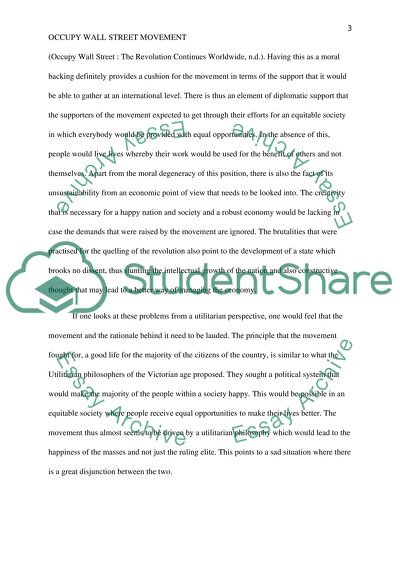Cite this document
(“The Moral and Economic Implications of the Occupy Wall Street Movement Research Paper”, n.d.)
Retrieved from https://studentshare.org/macro-microeconomics/1455270-2011-occupy-wall-street-movement
Retrieved from https://studentshare.org/macro-microeconomics/1455270-2011-occupy-wall-street-movement
(The Moral and Economic Implications of the Occupy Wall Street Movement Research Paper)
https://studentshare.org/macro-microeconomics/1455270-2011-occupy-wall-street-movement.
https://studentshare.org/macro-microeconomics/1455270-2011-occupy-wall-street-movement.
“The Moral and Economic Implications of the Occupy Wall Street Movement Research Paper”, n.d. https://studentshare.org/macro-microeconomics/1455270-2011-occupy-wall-street-movement.


